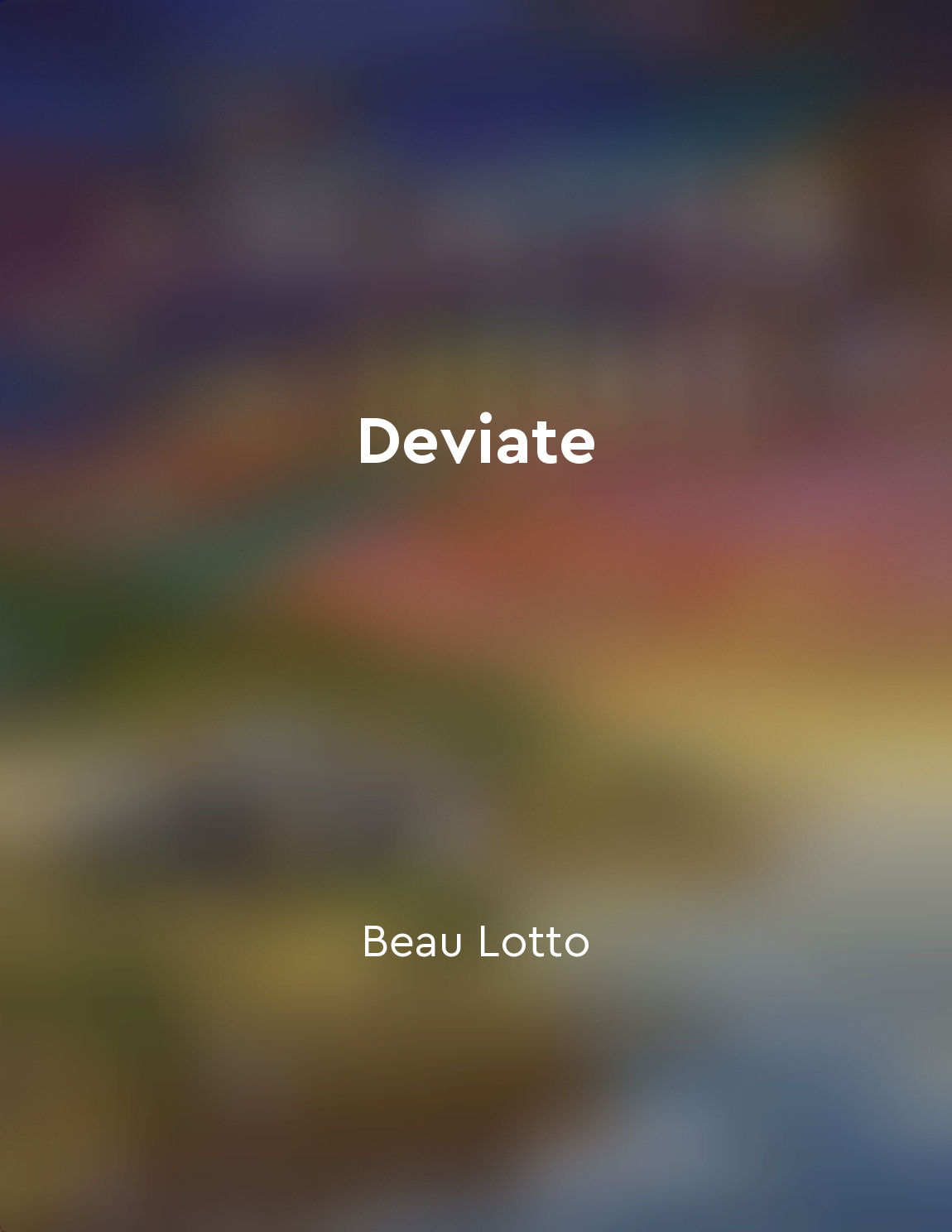Knowledge originates from sensory experiences from "summary" of An Enquiry Concerning Human Understanding by David Hume
The mind is initially blank, devoid of any knowledge or ideas. It is through sensory experiences that the mind begins to form ideas and concepts. These sensory experiences serve as the foundation upon which knowledge is built. When we see, hear, touch, taste, or smell something, our mind processes these sensory inputs and creates ideas based on them. For example, when we see a red apple, our mind forms the idea of redness and appleness based on our sensory experience. These sensory experiences are the raw materials from which knowledge is derived. Without these sensory inputs, our mind would be empty and devoid of any understanding of the world around us. It is through our senses that we interact with the external world and gather information about it. This information is then processed by our minds to form ideas, beliefs, and knowledge. Furthermore, our sensory experiences are what allow us to distinguish between different objects, properties, and events. For example, we are able to differentiate between a cat and a dog based on our sensory experiences of seeing, hearing, and touching these animals. Without sensory experiences, we would not be able to make such distinctions and our understanding of the world would be limited.- Sensory experiences are the building blocks of knowledge. They provide us with the necessary information to form ideas, beliefs, and concepts about the world. Without sensory experiences, our minds would be empty and void of any understanding. It is through our senses that we are able to engage with the world and acquire knowledge about it.
Similar Posts
Seeking feedback from others
When you're in the midst of crafting a story, it's easy to get lost in your own thoughts and ideas. You may become so immersed ...
Memories are volatile
Memories are like delicate threads woven into the fabric of our minds. They are not static, unchanging entities, but rather dyn...
Technology aids in visual restoration
In the past few decades, there have been remarkable advances in technology that have revolutionized the way we approach visual ...

Phantom limb pain can be treated through visual and tactile stimulation
Ramachandran has discovered that phantom limb pain can be alleviated through visual and tactile stimulation. He found that pati...
Camus' notion of the "absurd hero" involves facing life's challenges with dignity and grace
Sarah Bakewell delves into the concept of Camus' "absurd hero" in her book 'Humanly Possible'. The absurd hero, according to Ca...
Sleep and wakefulness cycle
The sleep and wakefulness cycle is a fundamental aspect of human biology that is governed by a complex interplay of internal an...
Idealism posits the existence of the external world
Idealism, as a philosophical doctrine, asserts that reality is fundamentally mental or immaterial in nature. It argues that the...

Embrace ambiguity for creative breakthroughs
To embrace ambiguity is to let go of what you think you know; to give up your need for certainty in order to find a new way of ...
Vary sentence structures for rhythm
To keep your readers engaged, you need to pay attention to the rhythm of your sentences. Varying sentence structures can help y...
Nature of Knowledge
Knowledge, in the most general sense, is what we know. It consists of beliefs that are true, and it is distinguished from mere ...

